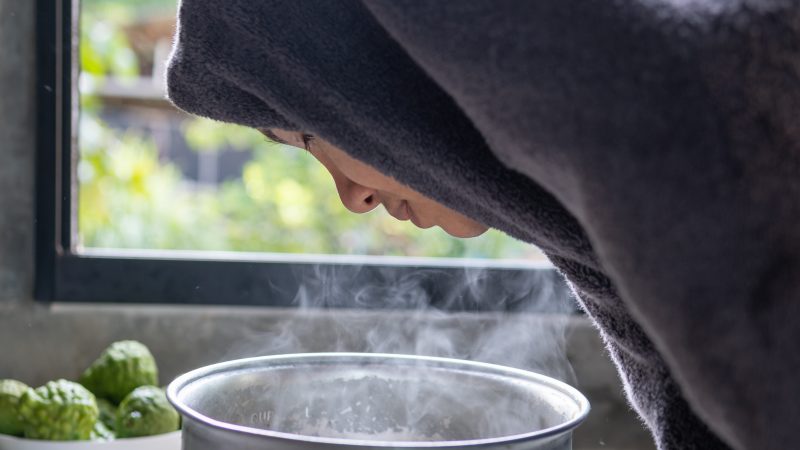Tips on How to Care for Someone with Dementia

Dementia is part of the aging process. It is caused by destroyed or damaged brain cells called neurons. Dementia is a progressive disease that involves several stages. In the first stage, the person will start being forgetful and confused. They will find it difficult to remember recent events and happenings. The second stage is more advanced and is characterized by problems such as failure to recognize family members, friends and relatives. During this stage, the person will require a lot of assistance and will be more dependent on the caretaker. It is important to note that, a person in this stage can be very hard to deal with and you will need to exercise a lot of patience in dealing with the person. Here are some tips on how to care for someone with dementia.
The first thing that you should do if you notice that a person is suffering from dementia is, taking the person to a doctor. The doctor will check the patient and prescribe some treatment and other steps that need to be taken in order to ensure that essential care is provided to the person. The doctor will also schedule appointments with the patients in order to monitor the progress of the patient. Carry with you a diary book to the examination room to write down all your concerns and then discuss the doctor on how to manage the condition.
People suffering from dementia will exhibit memory loss, difficulty in falling asleep and mood changes. This can be really embarrassing and annoying to the people interacting with them. Your doctor will be able to prescribe medication that is useful in controlling these symptoms. You should call the doctor immediately if you notice sudden changes in the patient.
>> Demystifying Dementia: 3 Things You Should Know
Doing things together with the dementia patient will also improve their condition. Things like hiking, walking, swimming and going to art shows together will greatly alleviate the symptoms of dementia. You should also engage the dementia patient in active sports and regular exercises. Such exercises will slow down the progression of the disease. Being around family members, relatives and friends is very helpful to the person suffering from dementia. You should never leave dementia patients alone in the house, shower or in the bathroom. This is because; the person may injure themselves or fall in the bath. The person will also feel alone in the house and may damage some of the property there.
Eat meals together. You should not isolate the dementia patient from the dining table. Ensure that you serve the person with healthy and nutritious foods. The patient should also eat plenty of vegetables and fruits. Monitor the eating habits of the patient to see if there are any changes. Contact your doctor if you notice any changes.
The other tip on how to care for someone with dementia is that, you should assist the person with grooming and bathing. Most of the dementia patients, especially those in the advanced stage will not care about what they wear and their personal hygiene.Therefore, you should ensure that you check what the person is wearing and also help them in the shower room.
The Author:
John Denver
Photo. OpenClipart-Vectors
Source: Ab









My grandmother just found out that she has dementia. I liked that you pointed out that people with dementia tend to have a hard time sleeping. She has been having bouts of insomnia for a while now. It seems like it would be a good idea for us to find her a good sleeping medicine or something that will make falling asleep easier for her.
I’m sorry to hear about your grandmother’s diagnosis. It’s understandable that she may be struggling with sleep due to dementia. It’s important to consult with her doctor or a healthcare professional to explore options for managing her insomnia. They can provide guidance on suitable sleeping aids or other non-pharmacological methods to promote better sleep. Additionally, creating a calming bedtime routine and ensuring her sleeping environment is conducive to rest can also be helpful. Keep showing her your love and support during this challenging time.